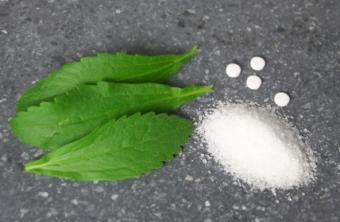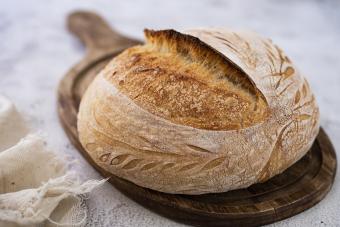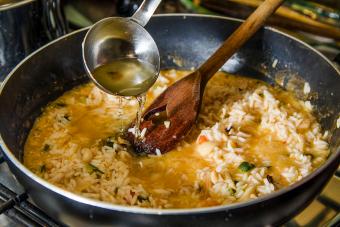
Stevia enjoys the distinction of being the sweetest plant on earth. In fact, raw stevia leaves are reportedly about 15 times more potent than table sugar, while stevia extracts have been found to be up to 300 times sweeter than the sucrose in table sugar. What's more, it sweetens without the side effects associated with sugar and commercial sugar substitutes such as Splenda, Canderel and NutraSweet.
Facts About Stevia
Stevia is an herb that is increasingly popular for use as a safe, healthy, alternative for table sugar and its substitutes.
| Latin Name | Stevia Rebaudiana |
| Common Names | Candy leaf, sugarleaf, Sweet herb, Sweet Herb Of Paraguay, Honeyleaf, kaa jheé Sugar Plant Of South America, |
| Family | Stevia is a member of the fairly large Asteraceae family, which boasts other well-known family members such as the sunflower, dandelion, marigold and chicory. |
| Habitat | Stevia is native to the northern regions of South America, where it grows wild. As the unique properties of the herb have gained renown, its cultivation has spread across the continents to Asia, Europe, Israel, North America and other regions of South America. |
| Description | It is a small, perennial herb that typically grows to heights of up to two yards high. Its bears little white flowers and serrated green leaves. |
| Plant Parts Used | The leaves of this herb are cultivated and harvested for use as a sweetener as well as for its medicinal properties. |
Historical and Current Uses for Stevia
Since Pre-Columbian times, the Guaraní tribes of South America have used the leaves of this herb as a beverage sweetener, particularly for brewing yerba mate, a popular herbal tea in Brazil and Paraguay.
Today, stevia is used as a sugar substitute in homes as well as manufacturing for a variety of beverages, desserts, confectionaries and condiments, including herbal teas, soft drinks, sorbets, jelly, candy, pastry, pickles and yogurt. The list of its uses keeps growing, as this humble herb progressively replaces the more expensive, less nutritious regular sugar cane.
Advantages of Using Stevia
What is stevia's claim to increasing popularity? Here are a few of its principal advantages:
- It is a natural, non-caloric herbal product that contains zero sugar.
- Its leaves can be used with little or no further processing. Stevia leaves are chewed raw, dried and crushed into powder, brewed as an infusion or cooked as a sweetening ingredient or as a vegetable.
- With its potent sweetening compounds, just a small amount of stevia is necessary to have the same effect as a much larger amount of sugar or sugar substitute.
- It is non-addictive and non-toxic, and is even safe for use for children.
- It has no after-taste, unlike commercial sugar substitutes.
- It is heat-stable up to 392 degrees F.
Sweetening Compounds in Stevia
Stevia owes its sweet, licorice-like flavor to compounds called glycosides. Stevia contains eight different glycosides, the sweetest of which is stevioside. It has also been found to contain estevin, a compound 150 times as sweet as an equivalent amount of sugar. Other active compounds that have been identified include about 100 phytonutrients and volatile oils.
Medicinal Properties of Stevia
Aside from its potent, non-caloric sweetening properties, stevia also has additional beneficial health and medicinal properties.
| Herbal Properties | Actions |
| Hypoglycemic | Lowering blood sugar |
| Hypotensive | Lowering blood pressure |
| Anti-inflammatory | Reducing inflammation |
| Cardiotonic | A heart tonic |
| Anti-viral | Kills viruses |
| Anti-microbial | Preventing and treating infection |
| Anti-fungal | Preventing and inhibiting fungal growth |
| Diuretic | Increases the flow of urine |
Stevia Is a Natural Alternative to Chemical Sweeteners
If you are looking for a safe, natural substitute for table sugar, or do not care much for those commercial, chemical alternatives that come packaged in blue and pink packets, stevia is definitely an alternative that you can get sweet on.







